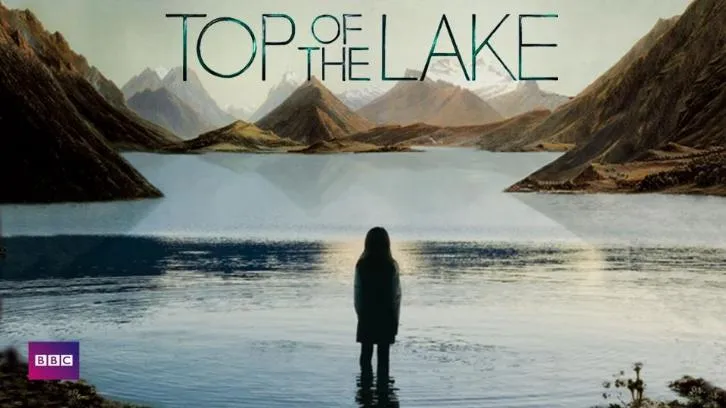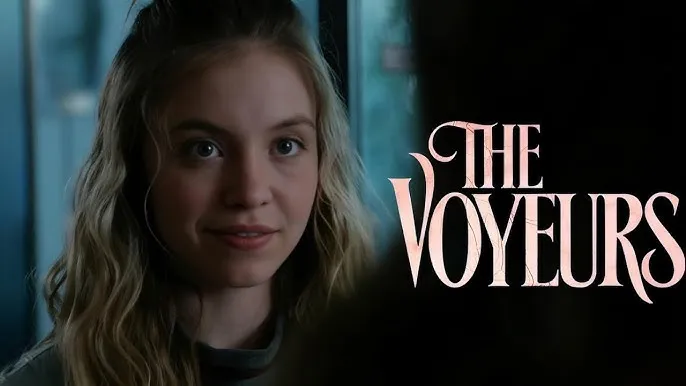Mirror (original title: Zerkalo), directed by Andrei Tarkovsky, is one of the most enigmatic and poetic films in the history of cinema. It defies traditional narrative structure, opting instead for a non-linear collage of memory, dream, history, and emotion. The film centers on the reflections of Aleksei, a dying man who looks back on his life through fragmented memories of his childhood, mother, ex-wife, son, and significant historical events.
Rather than follow a conventional plot, Mirror unfolds as a series of impressionistic scenes that drift through time and consciousness. The adult Aleksei remains mostly unseen, his voice guiding the viewer through a rich inner world shaped by moments of intimacy, personal trauma, and national upheaval. His mother and wife are both played by the same actress—Margarita Terekhova—symbolizing the blurring of identities and emotional connections in memory.
Tarkovsky weaves actual Soviet newsreel footage with intimate, dreamlike visuals. The transitions between color, black and white, and sepia create a fluid sense of time, memory, and perception. Georgi Rerberg’s cinematography captures nature with meditative stillness—wind over fields, water dripping in a barn, fire in slow motion—turning the natural world into an extension of Aleksei’s consciousness.
What sets Mirror apart is its emotional and spiritual depth. The film includes voiceovers of poetry written by Tarkovsky’s father, Arseny Tarkovsky, which lend it a lyrical and personal dimension. The sound design is equally evocative, filled with ambient noises that evoke the inner landscape of memory—footsteps in the grass, a breeze through trees, the creak of floorboards.

While challenging, Mirror is profoundly moving for those willing to engage with its structure. It's a film not meant to be understood in the traditional sense, but rather felt. Tarkovsky doesn’t tell a story—he evokes a life as remembered not through facts but through sensations and emotions. His belief that cinema is “sculpting in time” is fully realized here.
Final Thoughts
Mirror is a deeply personal meditation on time, family, identity, and the unknowable nature of memory. It resists categorization—part memoir, part dream, part historical reflection—yet it resonates on a universal level. Though abstract and non-linear, its emotional clarity shines through. For those willing to surrender to its rhythm, Mirror offers one of the most profound experiences in all of cinema: a portrait of a soul, painted in memory, silence, and light.

-1752542478-q80.webp)

